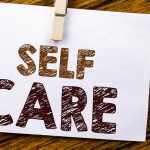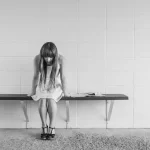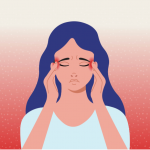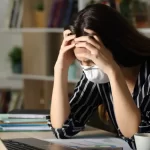Most people face stress on a daily basis, but when it is chronic and manifested in anxiety disorder or depression, the usual strategies (sleep, rest, and trying to take it easier) are often not enough. According to the Anxiety and Depression Association of America, around 40 million adults are affected by anxiety, and despite the fact that the conditions is highly treatable, around 30% do not seek help.
Major depressive disorder, meanwhile, is the leading cause of disability in the U.S. for those aged 15 to 44, with around 16.1 million people affected. In this post, we reveal the most successful treatments for anxiety and depression.
The Importance of Diagnosis and Treatment
If you or a loved one suffer from panic attacks, feel persistently stressed or show signs of depression (including a lack of motivation, feelings of sadness etc.), it is important to see a mental health professional to obtain a diagnosis and to formulate a treatment plan.
Because depression in particular, when severe, can be linked to suicidal thoughts and intent, medication (such as serotonin reuptake inhibitors and serotonin norepinephrine reuptake inhibitors) may be prescribed for a specific period or long-term.
Cognitive Behavioral Therapy
Medication is not always required for anxiety and depression. Currently, the ‘gold standard’ treatment is cognitive behavioral therapy (CBT), which aims to enlighten patients on the link between how they think and behave. In a typical CBT session, psychotherapist will work alongside the patient to determine goals (often small behavioral changes), which can positively affect the way a patient views a situation, event, or person.
Supplementation
Natural supplements can play an important role in keeping stress levels down, which is vital when it comes to anxiety and depression. The list of supplements is vast and includes adaptogens such as Siberian ginseng and echinacea, which help battle stress in a non-specific way.
Kratom, a tree whose leaves contain alkaloids with opioid-like effects, has been found to reduce pain and anxiety, and improve sleep, which is vital considering that sleep deprivation and poor sleep quality can trigger panic attacks of bouts of depression. The kratom plant produces leaves with three different vein colors (red, white, and green). The red vein is often used for anxiety and depression because it enhances mood and sleep, and reduces distress.
Other popular supplements for stress-related conditions include melatonin (one small study has shown in improves sleep, depression and anxiety); valerian (a classic for relaxation and sleep); GABA (also found in limited studies to promote relaxation and reduce anxiety) and Vitamin B multivitamins (research indicates they can improve mood).
Anxiety and depression are two conditions that require medical diagnosis and attention when they interfere significantly with daily life and wellbeing. Often, health professionals do not prescribe medication, but recommend lifestyle changes, the adoption of mindfulness activities such as yoga, or supplementation. If you or anyone you know has symptoms, seek help immediately to start your journey towards better health and happiness as soon as possible.







